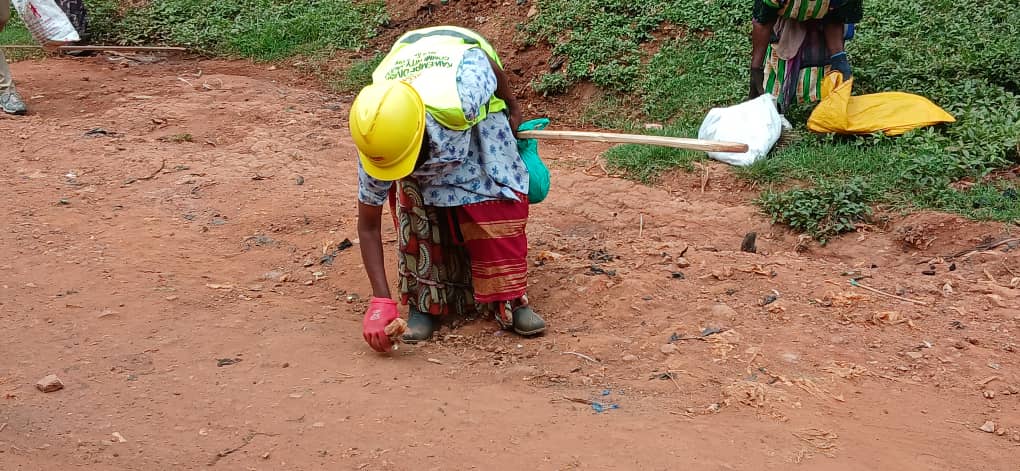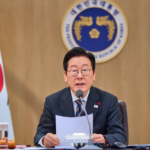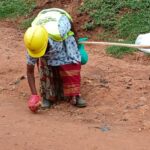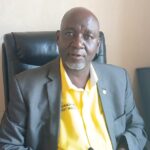Uganda’s journey towards inclusive and sustainable growth is set to gain momentum as the Economic Policy Research Centre [EPRC] announces major new research initiatives for the 2025/26 financial year [FY].
Aligning with the nation’s ambitious National Development Plan IV [NDP IV], EPRC will dedicate comprehensive studies to the pivotal sectors of tourism and urbanisation. This research forms the core of the Centre’s annual theme: “Unlocking Domestic Potential: Fostering Inclusive and Sustainable Growth.”
According to Dr. Sarah N. Ssewanyana, EPRC Executive Director, the studies are designed to provide robust, evidence-based insights that will directly inform national planning and policy implementation, particularly in sectors poised to drive significant economic transformation.
Dr. Ssewanyana emphasised the significance of exploring the tourism sector in greater detail: “When you look at tourism, it is one of those areas where progress is less informed by evidence. We are going to be intentional. This research will help in moving the sector forward.”
Indeed, tourism has emerged as a beacon of economic success for Uganda. In 2024, the sector experienced a notable 26 percent increase in receipts, generating US$ 1.28 billion. This remarkable growth was fueled by a 7.7 percent increase in international tourist arrivals and a higher average spending per tourist, according to the Ministry of Finance. Recognizing this burgeoning potential, the government has responded by allocating a substantial Shs 430 billion to the sector for 2025/26 FY.
Urbanisation, the second pillar of EPRC’s new research agenda, presents both opportunities and significant challenges.
Uganda’s urban areas have been expanding at an estimated annual rate of nearly 10 percentage points, as revealed by Uganda National Household Survey [UNHS] data from 2019/20 and 2024/25. However, this rapid demographic and spatial growth has regrettably not been matched by proportionate improvements in essential service delivery, leading to a host of complex urban issues.
“Despite the expansion, there are no proportional improvements in service delivery,” Ssewanyana observed. “Issues such as population growth, waste management, housing shortages, climate change, and the proliferation of informal settlements are collectively putting immense pressure on our urban centres.” EPRC’s forthcoming research will critically examine these multifaceted challenges, aiming to equip policymakers with actionable recommendations to foster sustainable and resilient urban development across Uganda.



















